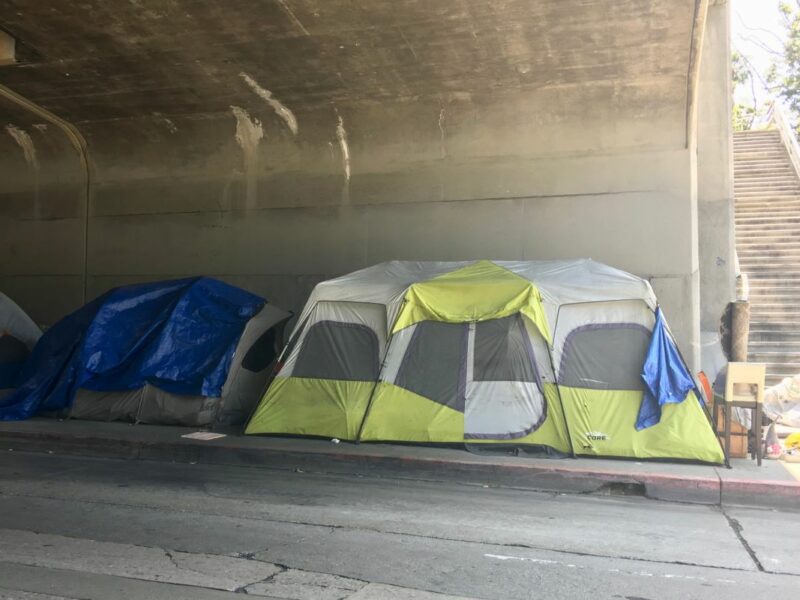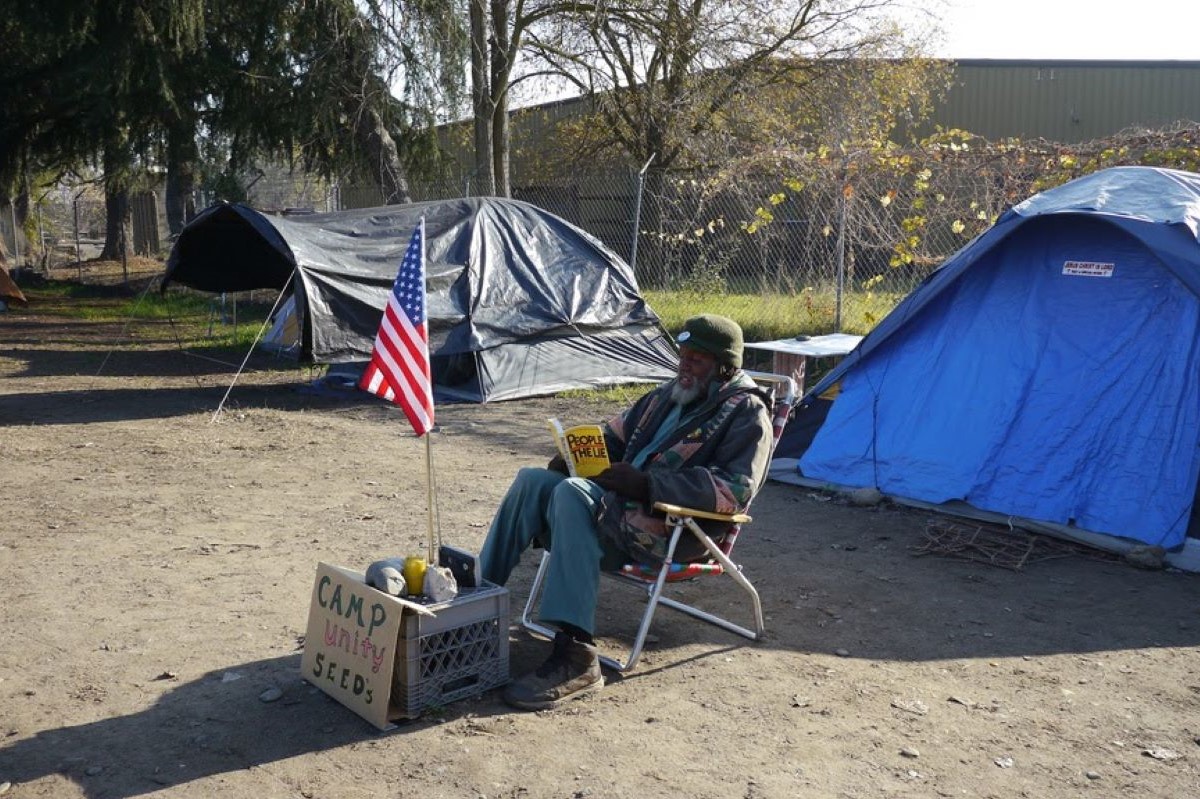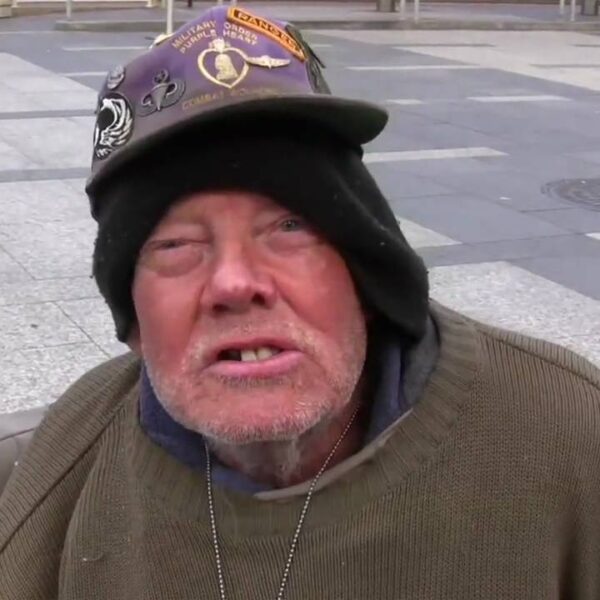Serving your country on the battlefield is portrayed as one of the most heroic acts a mere mortal can perform. Yet, some US soldiers return from the trenches to find their families and society have abandoned them.
What is Lack of Support and How Does it Contribute to the Growing Number of Homeless Veterans?
At some point in your life, you’ve interacted with a homeless person. It may have been under a street lamp at a busy intersection or in a subway station, airport, or shopping mall. Perhaps it was a brief experience or something that turned into a long conversation. In the back of your mind, you probably wondered how they wound up in such a precarious position. If this person was a war veteran, you might have recognized them either by their scars or their medals, or a combination of both.
The leading cause of homelessness for veterans is the same as for the general population. It is a lack of affordable housing. However, unlike the general population, an overall lack of support is also a key contributor to homelessness for US veterans.
In this context, lack of support can be identified as multiple forms of social isolation. Three separate studies conducted between the mid-’90s and 2012 concluded that social isolation played a significant role in turning veterans from heroes to homeless people. Many veterans found it difficult to cope in such a hostile environment after engaging in the kind of combat that can leave physical and emotional scars. Upon returning home to US soil, many veterans experienced isolation from:
- Family members
- Friends
- Acquaintances
- Even strangers
Two of the three studies also found that being unmarried left US veterans more vulnerable to homelessness in general.
These studies exhibit the importance of acceptance from a social standpoint for all members of society. They show how public perception can and often affects outcomes on an individual level.
A 2015 study indicated that approximately 77% of all homeless people experience the pangs of loneliness. This state of existence is like having a window into a world where you are neither seen nor heard nor respected. There lies no doubt that such pain could only be more pronounced for those entering homelessness through a traumatic experience like war. Is it any wonder that this lack of social support often coincides with PTSD for our nation’s most vulnerable veterans?
Backs Turned: Why Society Chooses Not to Support US Veterans
Rolling Stone reports that the number of Vietnam veterans who became homeless is higher than the number of Vietnam veterans who died while engaged in active combat.
Society will salute the fallen soldiers while simultaneously shaming the soldiers who wind up on the streets. What a complicated message this becomes. It is as if to say our soldiers are worth more dead than alive. But how did this mentality come into play?
The LA Times claims that we, as a nation, have unintentionally built a “warrior class” that has grown increasingly polarized from the very civilians it was sworn to protect. Recent studies support this idea, showing the leading reason for US military enlistment in modern times is neither a sense of duty nor a need for financial gain. Instead, an overwhelming 80% of soldiers claim they signed up for the military with a desire to follow in a heroic family member’s footsteps.
For some, coming home can mean higher salaries and better education. However, US soldiers and former soldiers are also 50% more vulnerable to homelessness than the general population. For this reason, those who are successful are saluted while those who fall land face-first into a well of loneliness.
“The last decade of war has affected the relationship between our society and the military. As a nation, we’ve learned to separate the warrior from the war. But we still have much to learn about how to connect the warrior to the citizen.”
General Martin Dempsey, 2013
There are many key reasons why this rift exists between the soldier and society. For some, giving our soldiers the cold shoulder is a way of protesting our perpetual state of war. A new survey shows that 70% of Americans wish to put an end to “endless wars.”
For some, it is challenging to separate these sentiments from their treatment of members of the US military.
Another factor of isolation stems from envy as members of the military are often (incorrectly) portrayed as having more money and educational opportunities. In truth, they are often discharged without healthcare and denied the compensation they need to survive.
One report found 120,000 veterans across the country were intentionally left waiting for care. This not-so-subtle jab at former soldiers shows that even the US government is not above leaving its sworn protectors hanging high and dry.
Finally, familial support, or the lack thereof, is another key contributor. Unmarried veterans are at an increased risk for homelessness, proving that a supportive spouse can be a foundation of reinforcement in many ways. But not all spouses and relatives have what it takes to support a family member serving or has previously served in the US militia. Deployment stress, which stems from:
- Constantly moving
- Financial burden
- Disabilities incurred during active combat
- Loneliness
- Concern for the soldier (family member’s safety)
- Feeling overburdened when the soldier (family member) is absent, etc.
can take a serious toll. This scenario can cause an otherwise concerned and loving relative or spouse to turn away.













